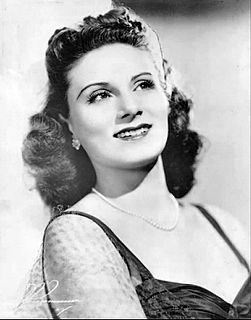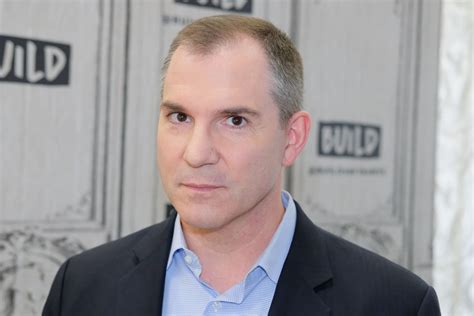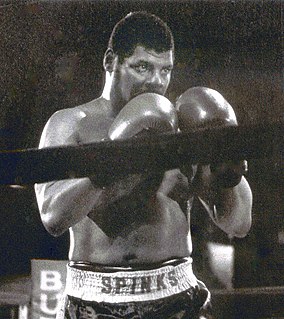A Quote by Flannery O'Connor
Conviction without experience makes for harshness.
Quote Topics
Related Quotes
Love without truth is sentimentality; it supports and affirms us but keeps us in denial about our flaws. Truth without love is harshness; it gives us information but in such a way that we cannot really hear it. God's saving love in Christ, however, is marked by both radical truthfulness about who we are and yet also radical, unconditional commitment to us. The merciful commitment strengthens us to see the truth about ourselves and repent. The conviction and repentance moves us to cling to and rest in God's mercy and grace.
It is only when we begin to relax with ourselves that meditation becomes a transformative process. Only when we relate with ourselves without moralizing, without harshness, without deception, can we let go of harmful patterns. Without maitri (metta), renunciation of old habits becomes abusive. This is an important point.
Love of goodness without love of learning degenerates into simple-mindedness. Love of knowledge without love of learning degenerates into utter lack of principle. Love of faithfulness without love of learning degenerates into injurious disregard of consequences. Love of uprightness without love of learning degenerates into harshness. Love of courage without love of learning degenerates into insubordination. Love of strong character without love of learning degenerates into mere recklessness.
Pride is an established conviction of one’s own paramount worth in some particular respect, while vanity is the desire of rousing such a conviction in others, and it is generally accompanied by the secret hope of ultimately coming to the same conviction oneself. Pride works from within; it is the direct appreciation of oneself. Vanity is the desire to arrive at this appreciation indirectly, from without.
Genius is neither learned nor acquired. It is knowing without experience. It is risking without fear of failure. It is perception without touch. It is understanding without research. It is certainty without proof. It is ability without practice. It is invention without limitations. It is imagination without boundaries. It is creativity without constraints. It is...extraordinary intelligence!
We want character but without unyielding conviction; we want strong morality but without the emotional burden of guilt or shame; we want virtue but without particular moral justifications that invariably offend; we want good without having to name evil; we want decency without the authority to insist upon it; we want more community without any limitations to personal freedom. In short, we want what we cannot possibly have on the terms that we want it.






































